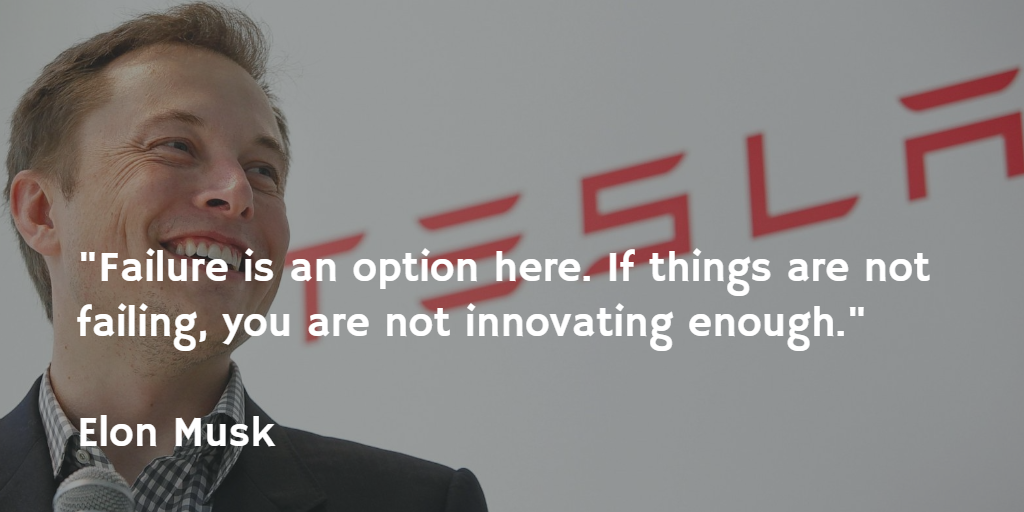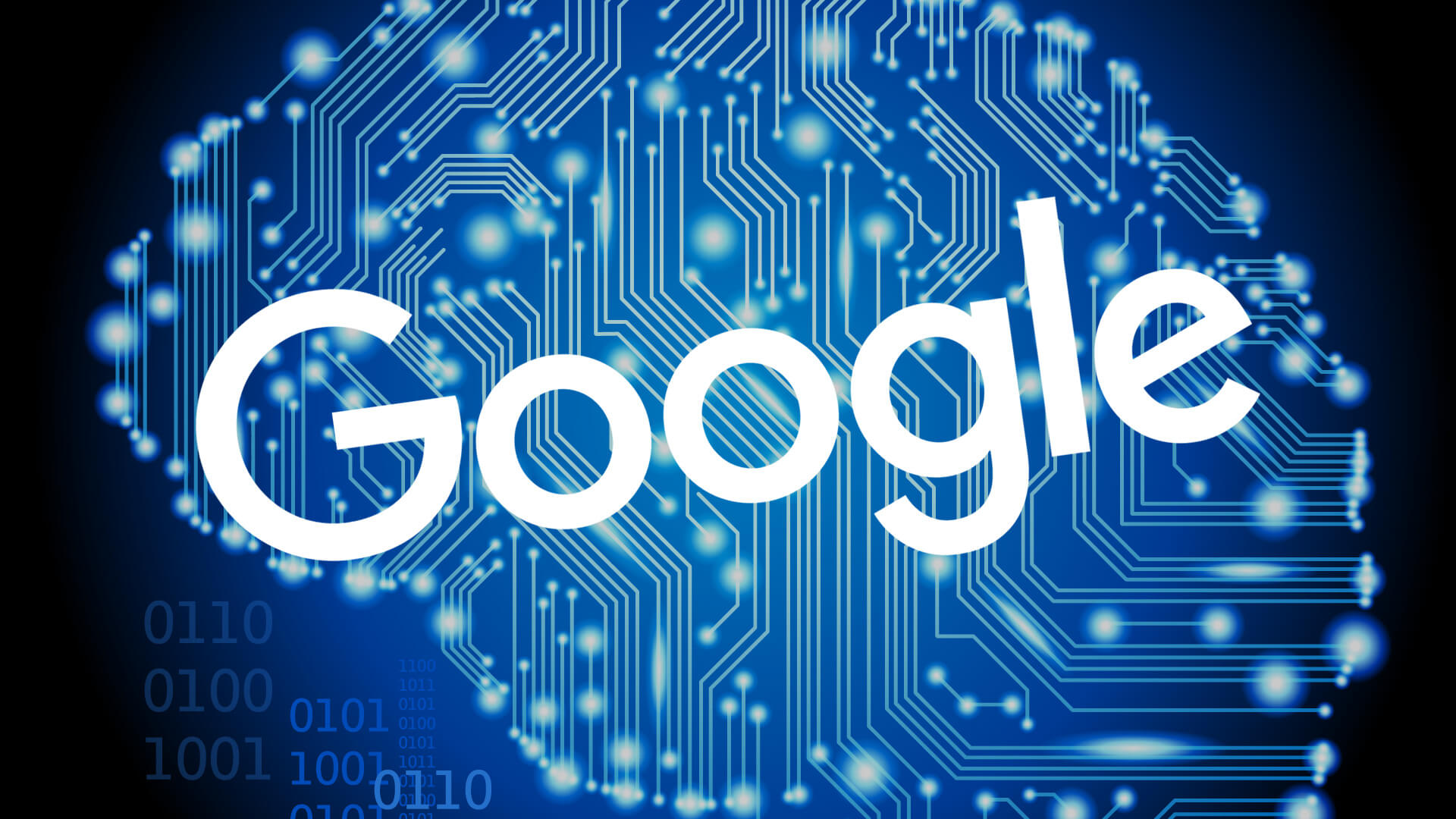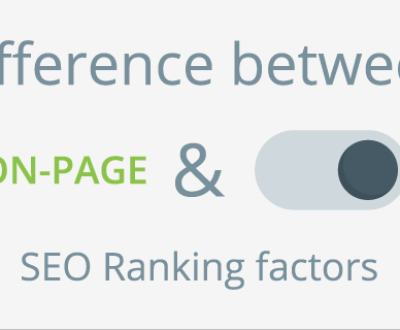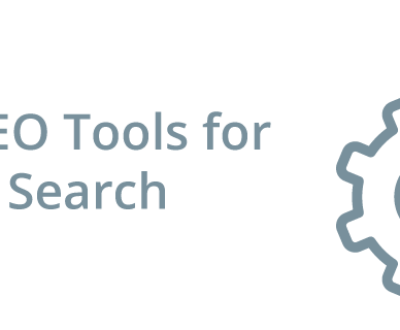The field of SEO changes drastically every few years. The future of SEO looks to be highly unpredictable right now. How do we not get excited and scared at the same time by the new search innovations that are changing the landscape of the internet with each passing day? How do we predict the future of Search with the limited information we have? Maybe we could start thinking like Elon Musk and we may be able to visualize the future of Search.
Elon Musk is one of the greatest visionaries of our time. He is the founder of some of the most fascinating companies in recent times; like Tesla, SpaceX, and SolarCity. He is one of the most powerful people in the world today and is leading humanity’s quest to become interplanetary species. Check out his achievements here.
We don’t know the future of the internet or Search or SEO, but there are already a number of hints that can give us a good picture of how it is going to be like in the times to come. So, in true Elon Musk style, using First Principles Thinking, let us explore how the future of Search would look like.

1> The rise of Machine Learning
We all know that Google dominates the market when it comes to search on mobile/desktop. But it has been facing increasing competition from Amazon Echo, Apple Siri, and even Facebook to a certain extent. From 2010 onwards, there has been an explosion of consumer data. How do companies make use of it to improve user experience? The answer is Machine Learning.

Machine learning is all about computers’ processing data and learning from it so that it can accurately predict similar future occurrences. To give an example, you have already been using machine learning. It’s all around you, from self-driving cars to detecting spam mail, to translating languages and so on. In machine learning, a computer can be programmed to create models where it groups all the different data points based upon different factors which have different weightage. To do something like this manually, humans would take hours, but now ready-to-go algorithms can do it within seconds.
“RankBrain is a machine-learning artificial intelligence system that helps Google process some of its search results, in particular, rare or one-of-a-kind queries. It was launched in early 2015 and is used globally by Google.”
So Google has already been using machine Learning since 2011, it has recently launched ‘RankBrain’ that is now considered the third most important ranking factor for the Google Search Engine. So every data point, from bounce rates to time spent on each page, to the proximity of business to customer and reviews are all taken into consideration to rank your website.
In the coming years, Machine Learning is expected to completely take over the ranking process. So you may never again complain that the ranking system is unfair. After all, your ranking will only be decided after checking every data point possible that can be processed.
Watch this video to understand more about Machine Learning
2> The Explosion of Voice Search
Google Home vs Amazon Echo is the new war out there. From the Internet of Things being a rage in technology circles, it has gone on to capture the imagination of the general public. Millions of people are embracing smart home control devices. Amazon Echo, with the personal assistant Alexa, was the first one out there, using which you could place orders, play music and also control various appliances with just voice command.

Then came ‘Google Now’ which came in with additional features like a WiFi speaker, task manager and voice search using ‘OK Google’. The battle is just heating up as people are turning to audio and video results instead of text. People want to get answers and stuff done, just with their voice command. Entertainment, shopping, and search were earlier on user’s fingertips. Now it is just a murmur away. And you can imagine this competition to get fiercer with each competitor adding one feature after the other to their devices.
Now think about your goal of getting to the SERP 1. Currently, the majority of searches are on mobile devices, next they are going to transition to voice search. You are going to hear only the best search results out there, the very best. You will need to be very best in your domain to survive.
3> Complete dependence on Artificial Intelligence
Google wants to understand user intent better and be there with you throughout the complete search journey. It wants to understand the context of each of your search queries. Semantic search was the first step. Now we are slowly entering the age of Artificial Intelligence, where algorithms will know what is best for us. Google wants to know the who, where, what, when, why of your search queries to give you better search results.

For many people, Artificial Intelligence means the computer mimicking the human brain and taking over the human race. Well, honestly we are far away from that day. But Google has already infused Artificial Intelligence algorithms into YouTube and Google search and started experimenting to improve our search results. So the next time, you are on YouTube and suddenly you see a video you liked long ago suggested to you in Autoplay, don’t be surprised.
“So by 2030, you can be assured that you won’t have to create a playlist or a shopping list or an itinerary, Google will know your preferences/ mood better than you do yourself.”
Artificial Intelligence uses historical data and can also predict your behavior and what you will like based a number of factors, like time of the year, time of the day or even depending on what type of device you are using. Maybe, SEO could be a forgotten concept by then. You will only have to list your content/service/product on the web and it will automatically reach its desired users.
Not just Google, every content provider; be it Amazon, Facebook, NY Times, Buzzfeed will be using AI to give users only highly personalized information drafted to their unique needs.
4>Minimalistic Design
Now users want information that is short and crisp. They are lazy to go and scroll through even a few pages. Google has been one of the favored search engines for so long, especially because of their clean and simple design. Google has also tried out different ways to improve their SERP’s using Rich Snippets, Knowledge Graphs, Suggestions and Local search to improve the user experience. So that users get only as much information as they need and save on their time.

With the coming of the Apple Watch and Google Glass, companies are trying to design an experience where humans consume information in the most comfortable way possible. Take for example; the Apple Watch, it has huge scope for improvement in the form of controlling your home appliances, managing your work schedule and searching for info on the internet. This form of search that doesn’t use even your fingers is truly how the future will look like.
So, be prepared for the rules of SEO to change forever with the rapid change in human behavior and the launch of new smart devices.
The final frontier of search will be communicating with devices just like we talk to human beings. We will all have our own personal assistants that know everything about us. They will know what we need even before we ask. You think about ordering a pizza, and you can go on ahead with your work as your personal assistant has already placed an order for you. What about that? Can you imagine such a future?
Conclusion:
SEO is changing and we need to change with it. And the end of the day, these changes will definitely make it difficult for information/content to reach potential users, but then businesses will have to adapt and innovate to find new ways to take their information to customers. Maybe, there will be greater fluidity between the online and the offline world. Maybe tomorrow we will have to optimize our information to be shown in the world of Augmented reality. Seems unreal for now.
Till then, we can only wait and play by the rules that exist right now and hope for a smarter future.










